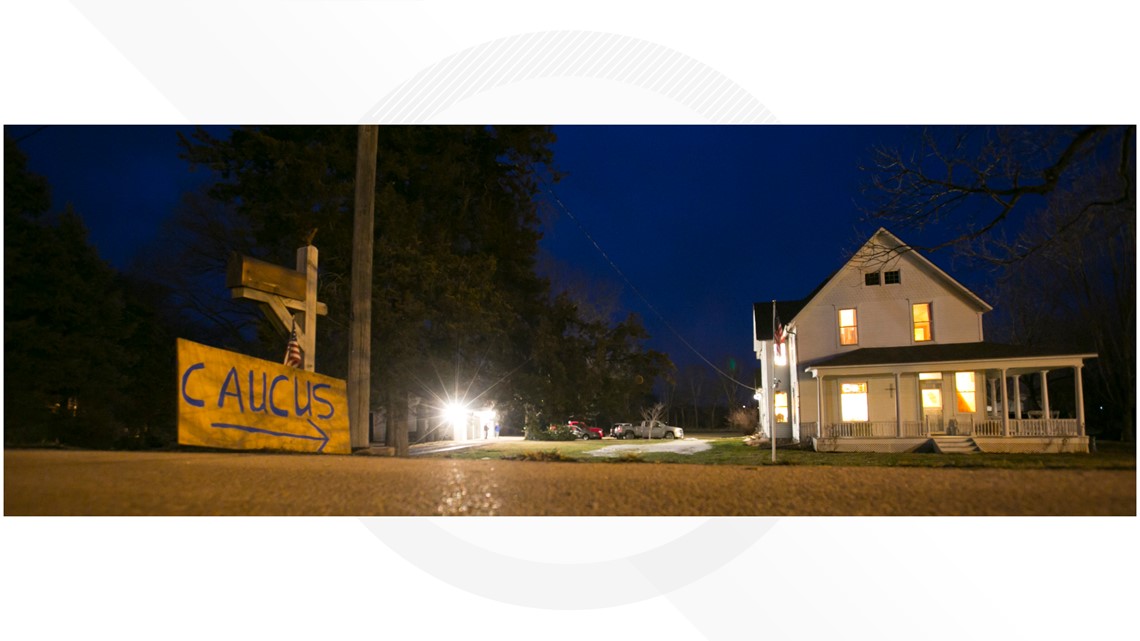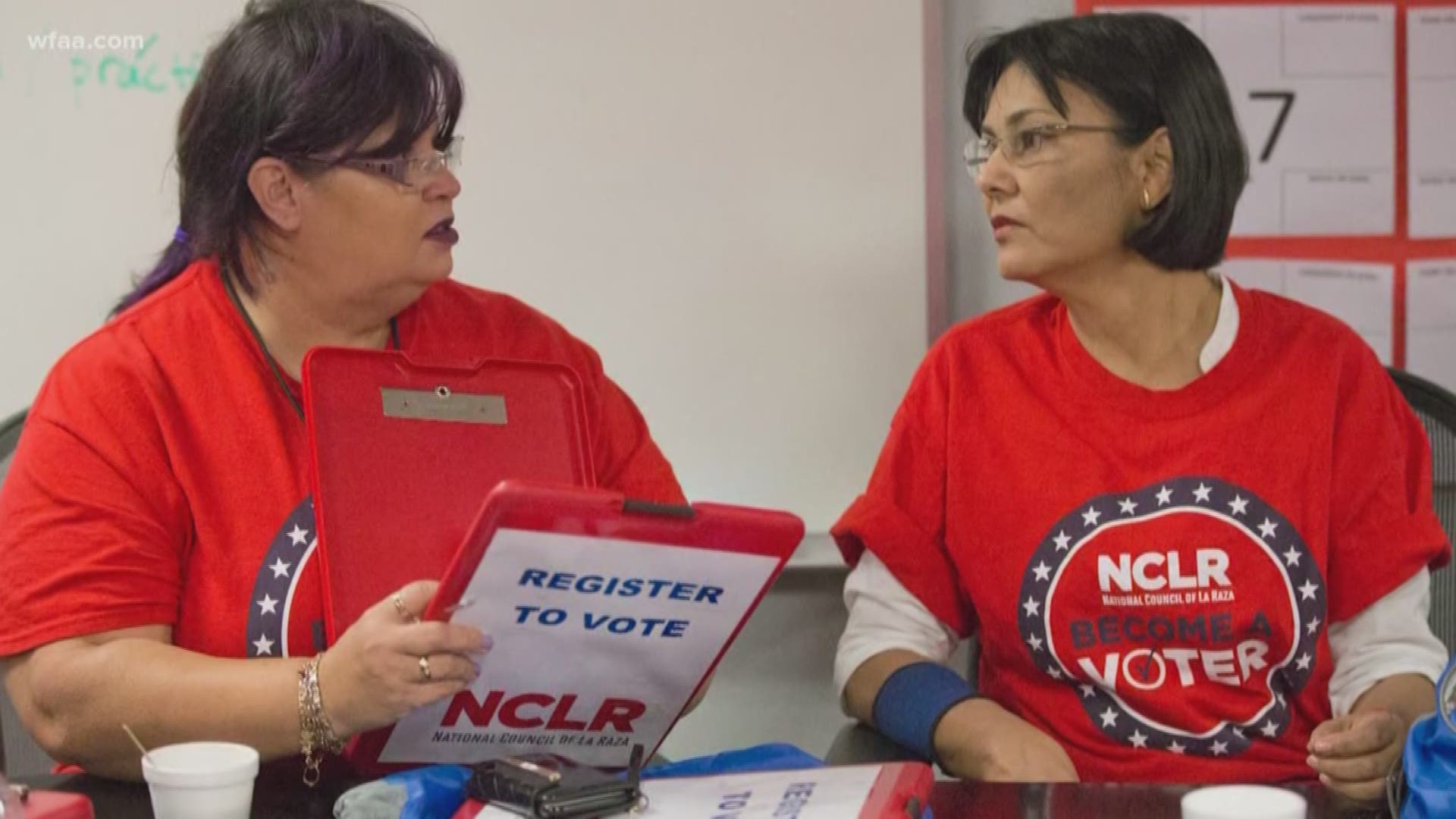DES MOINES, Iowa — There’s a sense of pride in Iowa about being the first state to vote in the presidential election every four years.
Both national political parties agreed to it in the early 1970s and Iowans have guarded that status closely ever since.
But it’s not really fair.
Iowans have 20-times more influence on the candidates than citizens in other states. Folks here get to weed out some candidates before most states ever get to consider them.
When he was in the race, Julian Castro campaigned against Iowa being first, arguing it’s not diverse enough and doesn’t reflect what America really looks like.
“A state like Arizona, New Mexico or Nevada should probably be number one and then another state from the south, either South Carolina or North Carolina be number two,” argued Domingo Garcia, national president for LULAC.
Iowa is getting a little more diverse, LULAC said in Des Moines this week. On Monday night, one of every four Caucus-goers will be Latino, the organization revealed. That’s the culmination of years of voter outreach.


Garcia said it’s doubtful Texans will ever be the first to vote.
“As Beto [O’Rourke] and Ted Cruz found out [in 2016], you need to have almost $100-million dollars to compete in Texas. So, that’s not fair to some of the other candidates that could compete in a lesser populated state and in smaller media markets.”
But Democratic presidential candidate Mike Bloomberg is using Iowa to his advantage.
“Mike Bloomberg has actually governed. Everyone else on the Democratic side right now are legislators,” said Tim O’Brien, a senior advisor to Bloomberg.
The former New York City mayor acknowledges he entered the presidential race too late to establish viable ground operations in Iowa and other early-voting states.
Instead, Bloomberg will first appear on the ballot on Super Tuesday in large states like Texas and California. O’Brien said the campaign hopes Iowa eliminates or weakens some competitors and therefore makes Bloomberg more appealing.
“If [Pete] Buttigieg and [Joe] Biden don’t make strong showings in those first four states, people are going to rethink their logic on who can win this campaign this year. We are ready and waiting with answers for voters who are unnerved by this,” O’Brien said.
But knocking Iowa out of the top spot would require approval from both national political parties.
More on WFAA:

